Space
Sign up for our newsletter
We summarize the week's scientific breakthroughs every Thursday.
-
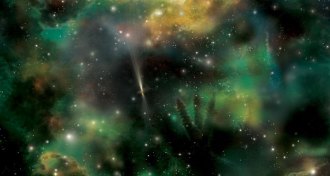 Astronomy
AstronomyAstronomers have measured all the starlight ever emitted
Astronomers used distant blazars to tally up all the stray photons roaming through space.
-
 Planetary Science
Planetary ScienceNASA’s InSight lander has touched down safely on Mars
NASA’s InSight lander just touched down on Mars for a years-long study of the Red Planet’s insides.
-
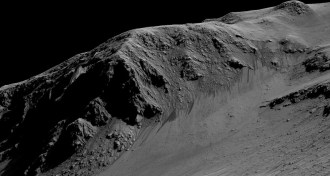 Planetary Science
Planetary ScienceAn orbiter glitch may mean some signs of liquid water on Mars aren’t real
The way that scientists process data from a Mars orbiter creates what look like signs of saltwater, but may actually be nothing, a study finds.
-
 Science & Society
Science & SocietyReaders react to the SN 10 and Jocelyn Bell Burnell
Readers expressed their thoughts about the SN 10 scientists, Saturn's hexagons and Jocelyn Bell Burnell.
-
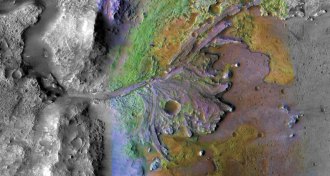 Planetary Science
Planetary ScienceNASA’s Mars 2020 rover will look for ancient life in a former river delta
NASA’s Mars 2020 rover is going to Jezero crater, the site of an ancient river delta that may harbor signs of life.
-
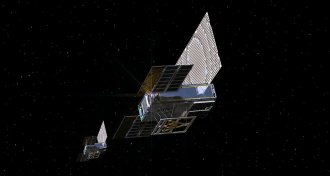 Planetary Science
Planetary ScienceTiny satellites will relay news of InSight’s Mars landing in minutes, not hours
NASA’s InSight Mars lander brought along two tiny CubeSats to send details about the spacecraft’s landing to Earth in almost real time.
-
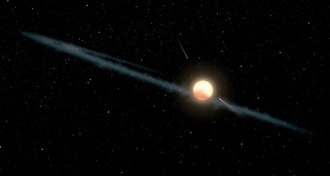 Astronomy
AstronomyAstronomers spot another star that flickers like Tabby’s star
The irregular flickering of star VVV-WIT-07 is reminiscent of Tabby’s star, which brought speculation of alien megastructures.
-
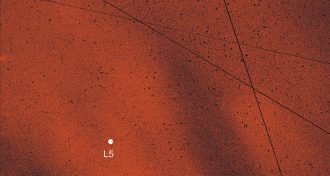 Astronomy
AstronomyOne of Earth’s shimmering dust clouds has been spotted at last
Almost 60 years after a Polish astronomer spotted clouds of dust orbiting Earth near the moon, astronomers have detected those clouds again.
-
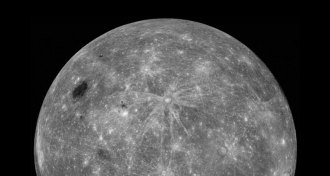 Planetary Science
Planetary ScienceChina is about to visit uncharted territory on the moon
The next two Chinese missions to the moon will visit places no spacecraft has been before. The rest of the world wants a piece of the lunar action.
-
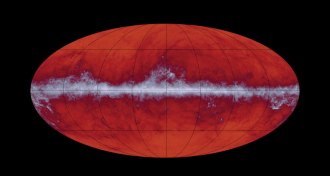 Planetary Science
Planetary ScienceHints of Oort clouds around other stars may lurk in the universe’s first light
Sifting through the universe’s early light could reveal planetary graveyards orbiting other stars.
-
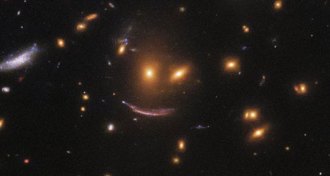 Astronomy
AstronomyHubble has been busy since coming back online
Since getting back to work on October 26, the Hubble Space Telescope has been studying red dwarf flares, among other celestial objects.
-
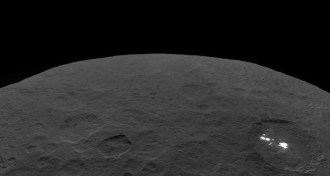 Planetary Science
Planetary ScienceDawn, the first spacecraft to orbit 2 alien worlds, has gone silent
The Dawn probe, which hopped between two objects in the asteroid belt during its seven-year mission, ran out of fuel and stopped calling home.